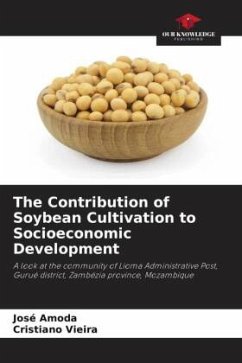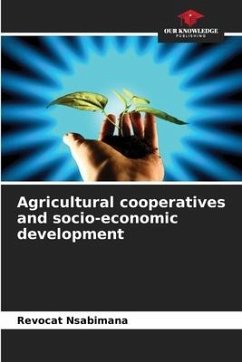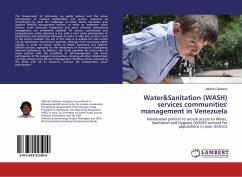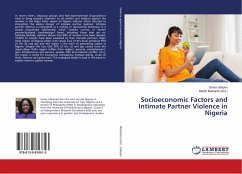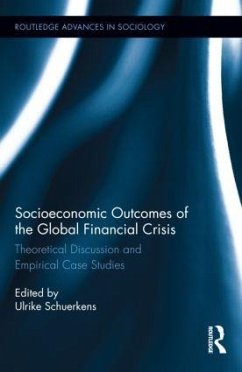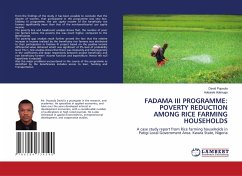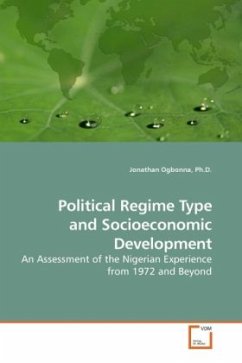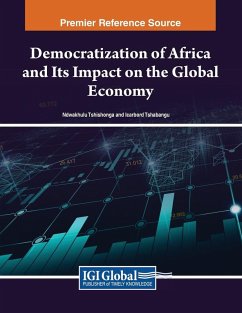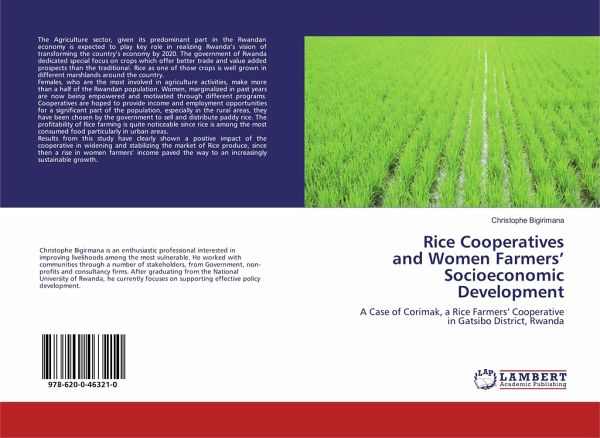
Rice Cooperatives and Women Farmers' Socioeconomic Development
A Case of Corimak, a Rice Farmers' Cooperativein Gatsibo District, Rwanda
Versandkostenfrei!
Versandfertig in 1-2 Wochen
26,99 €
inkl. MwSt.

PAYBACK Punkte
13 °P sammeln!
The Agriculture sector, given its predominant part in the Rwandan economy is expected to play key role in realizing Rwanda's vision of transforming the country's economy by 2020. The government of Rwanda dedicated special focus on crops which offer better trade and value added prospects than the traditional. Rice as one of those crops is well grown in different marshlands around the country. Females, who are the most involved in agriculture activities, make more than a half of the Rwandan population. Women, marginalized in past years are now being empowered and motivated through different prog...
The Agriculture sector, given its predominant part in the Rwandan economy is expected to play key role in realizing Rwanda's vision of transforming the country's economy by 2020. The government of Rwanda dedicated special focus on crops which offer better trade and value added prospects than the traditional. Rice as one of those crops is well grown in different marshlands around the country. Females, who are the most involved in agriculture activities, make more than a half of the Rwandan population. Women, marginalized in past years are now being empowered and motivated through different programs. Cooperatives are hoped to provide income and employment opportunities for a significant part of the population, especially in the rural areas, they have been chosen by the government to sell and distribute paddy rice. The profitability of Rice farming is quite noticeable since rice is among the most consumed food particularly in urban areas. Results from this study have clearly shown a positive impact of the cooperative in widening and stabilizing the market of Rice produce, since then a rise in women farmers' income paved the way to an increasingly sustainable growth.



